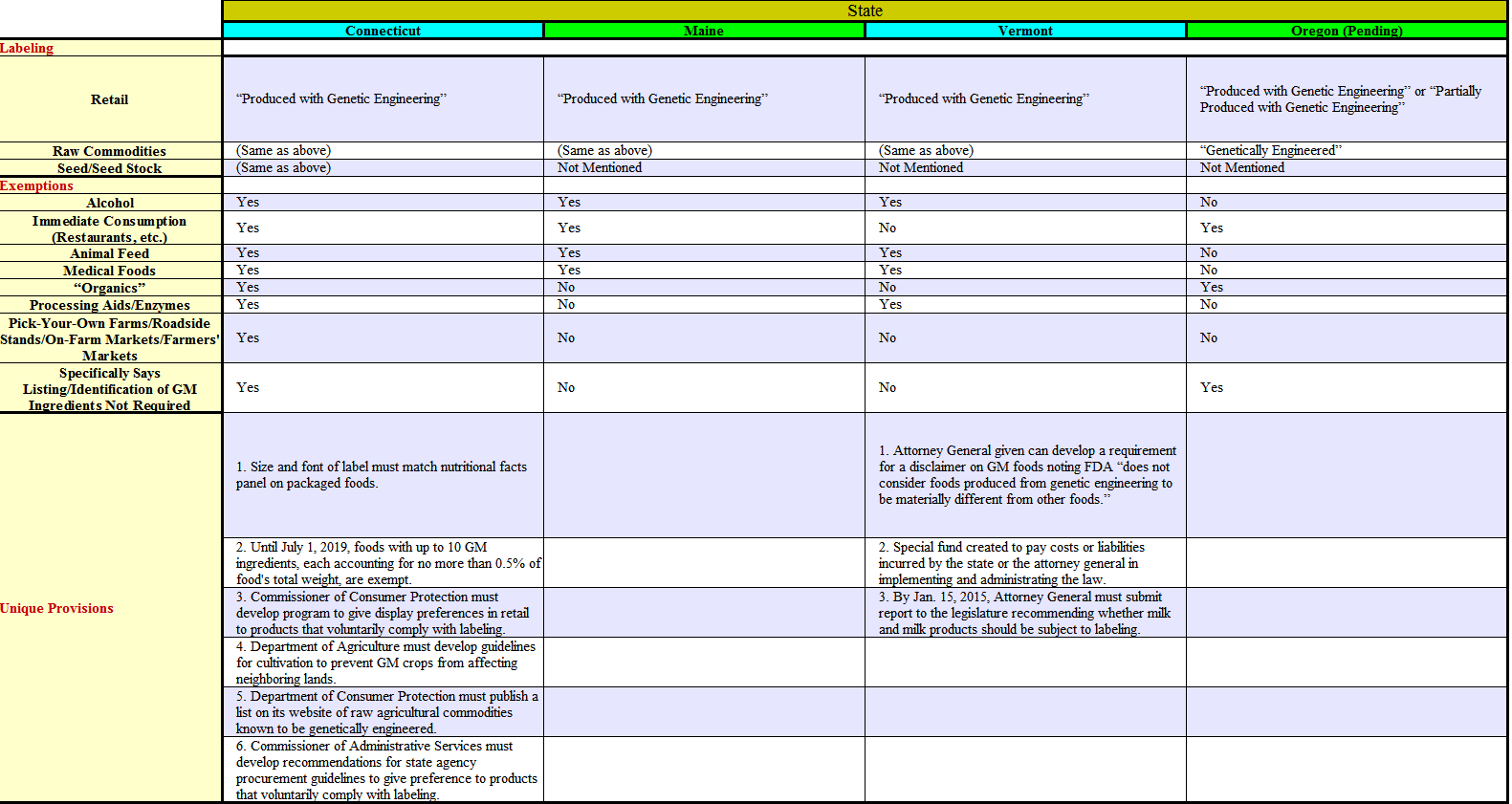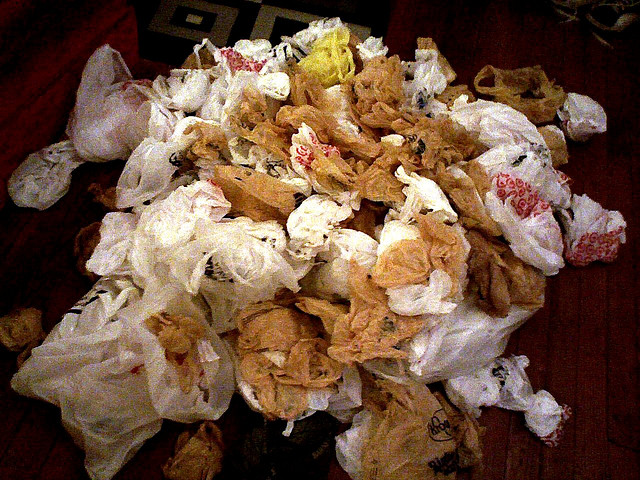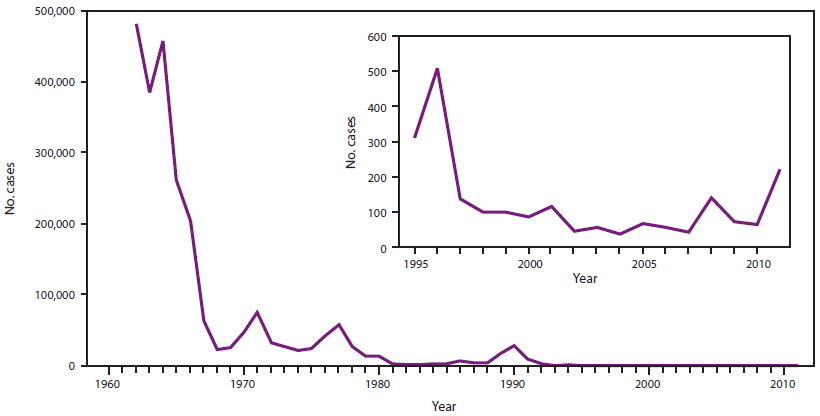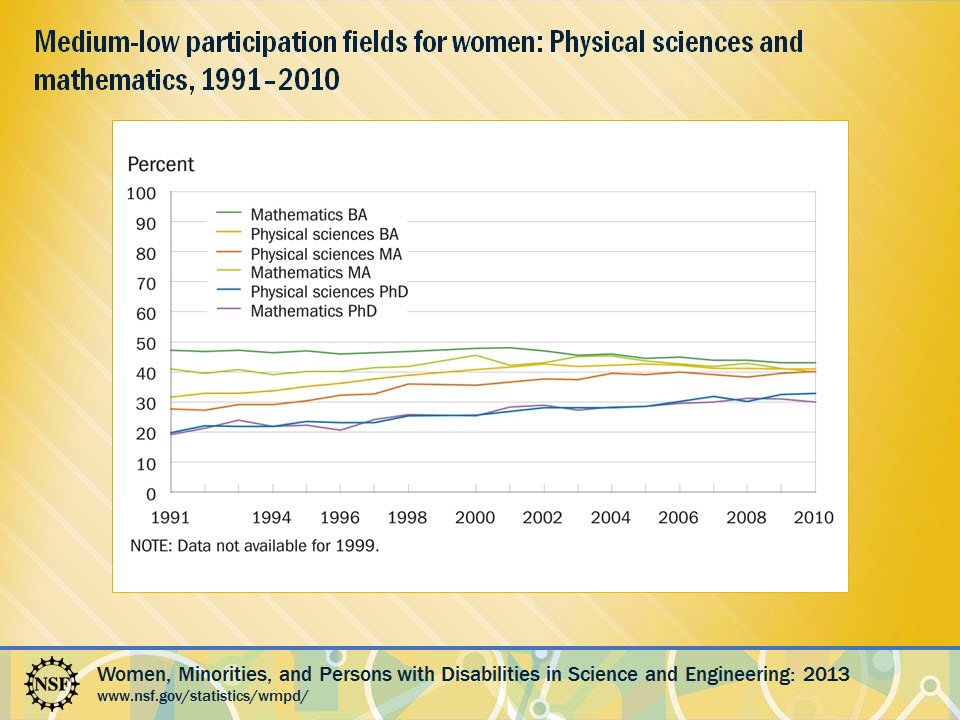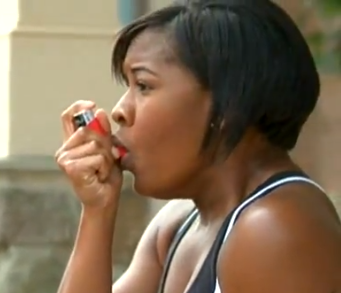 Consumer’s Handbook to Scientific Claims: Absolute versus relative risk
Consumer’s Handbook to Scientific Claims: Absolute versus relative risk(Part of an occasional series.) There are several ways of measuring risks. Two of the most...
 Does lower literacy make you a sucker for online health ads?
Does lower literacy make you a sucker for online health ads?Patients with lower literacy levels in search for health information may gravitate toward websites...
 The fuzzy science of “brain training”
The fuzzy science of “brain training”Brain training has come into the spotlight with Tuesday’s announcement by the Federal Trade...
 FDA Seizes Supplements Containing Psychoactive Plant
FDA Seizes Supplements Containing Psychoactive PlantThe U.S. Food and Drug Administration announced Wednesday that U.S. Marshals seized almost 90...




